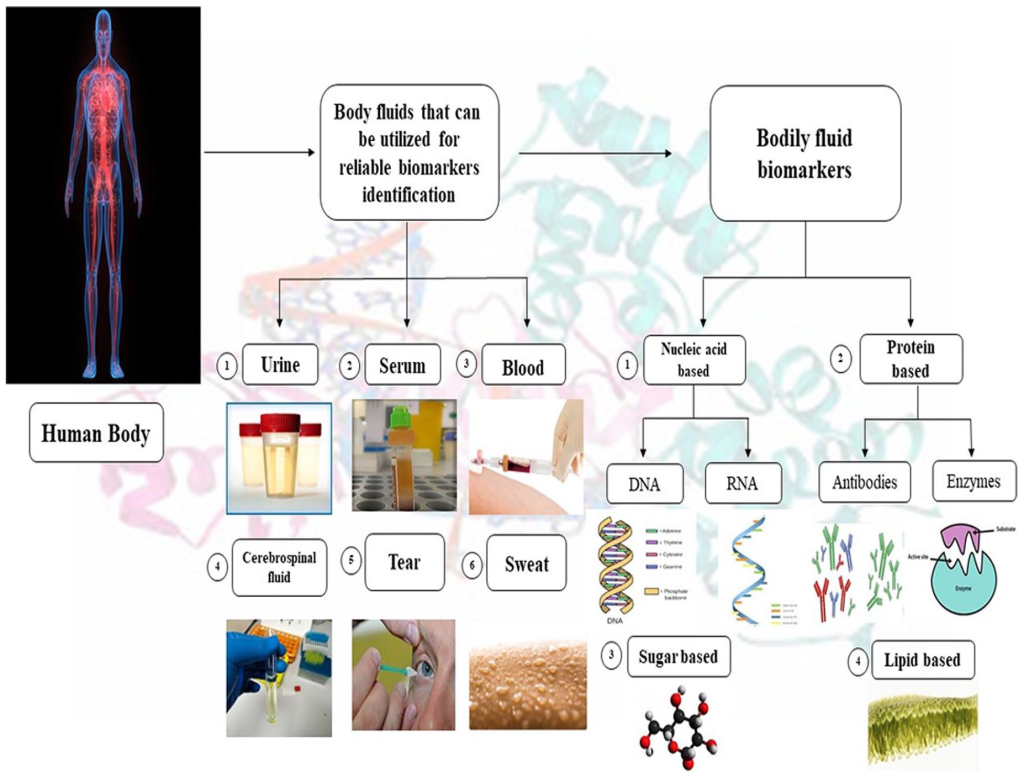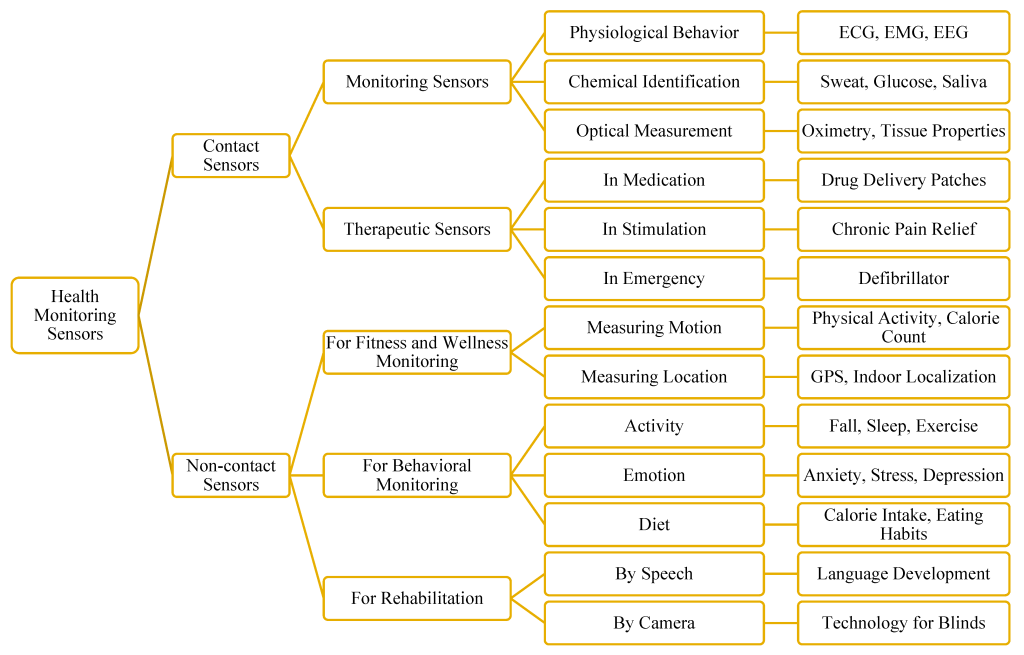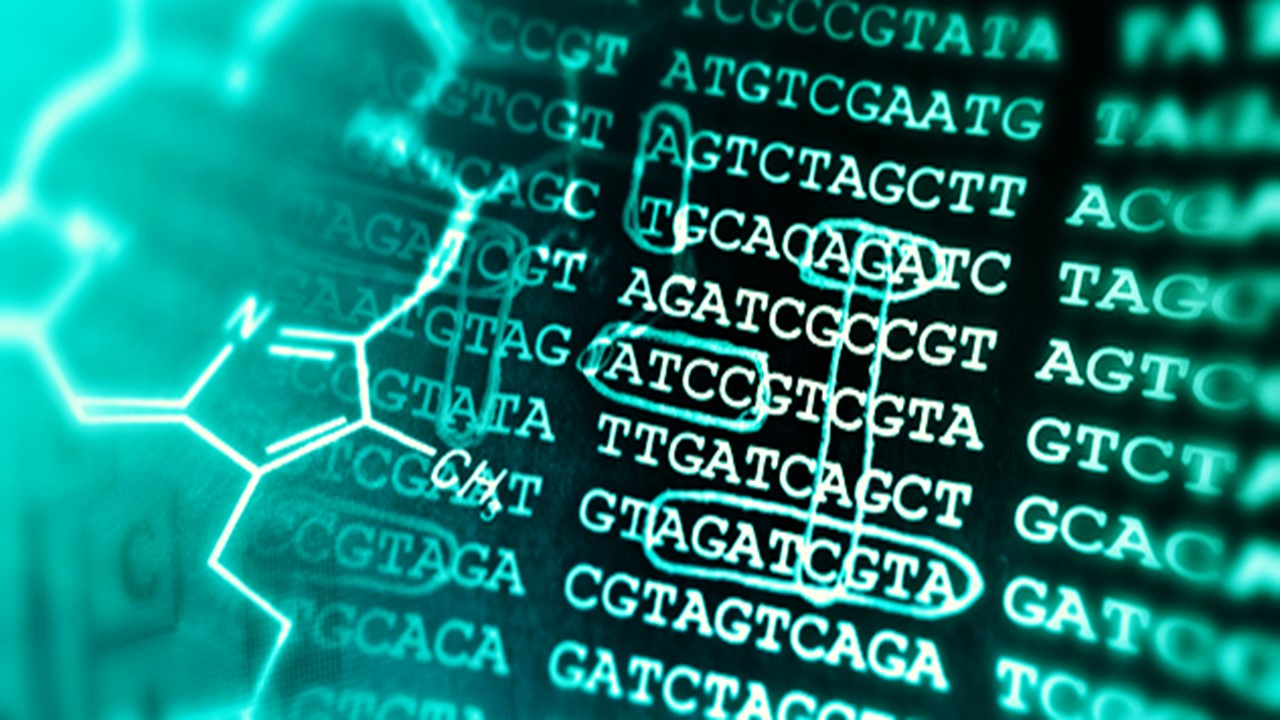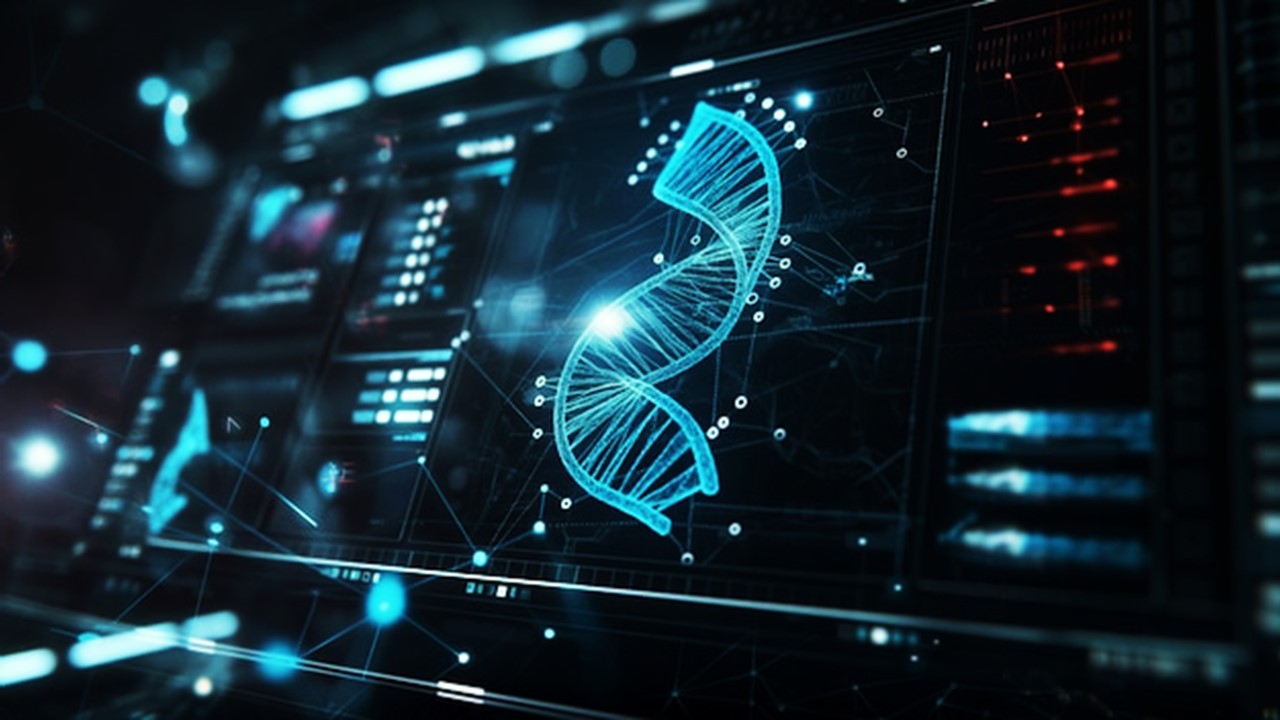Genes are like the instruction manual for our bodies, and understanding them has completely transformed healthcare. This journey began with scientists discovering DNA as the carrier of our genetic traits in 1944. You could say the real breakthrough came in 1953 when we unveiled the famous double helix structure of DNA. It’s like landing on the moon for biology! Then, in 2003, we cracked the code of the human genome, which is like the blueprint for life. This was a game-changer for healthcare.
As technology improved, the cost of reading our DNA dropped dramatically. It used to be incredibly expensive, but now it’s getting cheaper, and in the future, your complete DNA sequence might be part of your medical records. But this exciting progress also brings up important questions about the ethical and legal use of genetic information.
The Genomic Web: More than Just Human Genomes
While human genomics often steal the limelight, it is crucial to recognize that the genomes of various species serve as the foundation for understanding the complex facets of life. These genomes have ushered in the age of comparative genomics, a field brimming with potential for reshaping healthcare.

By scrutinizing the genomes of pathogens that afflict human health, such as tuberculosis and malaria, through comparative genomics, we can gain valuable insights into the unique characteristics of these pathogens. This knowledge paves the way for the development of precisely targeted drugs and treatments, a critical stride towards better healthcare.
Genes as Clues: The Dawn of Biomarkers
The power of genomic medicine extends beyond gene sequencing. Biomarkers, while not a new concept, are undergoing a transformative shift from the traditional phenotype-based diagnosis towards a genotype-centered approach. These markers are becoming progressively associated with specific disease states.

While there is an ever-growing list of gene-disease associations, the journey from identification to practical, cost-effective diagnostic tools is still in its early stages. Gene Tests keeps a constant record of the genetic tests that are currently available, providing a glimpse of the diagnostic landscape that is evolving.

A New Age of Delivery: Controlled and Monitored
In the realm of healthcare delivery, Genomic Medicine has spurred innovation in drug and healthcare delivery. Drug effectiveness is no longer solely about receptor binding; it now involves meticulous consideration of absorption, distribution, metabolism, and excretion (ADME). Nanosized devices equipped with controlled-release mechanisms are emerging as delivery tools with the potential to enhance the precision of treatment.

On the other end of the spectrum are macrodevices, such as advanced monitoring devices that promise to revolutionize healthcare. These devices, capable of real-time tracking of vital signs, blood sugar levels, and more, are set to become integral to personalized healthcare, offering pharmacists a wealth of new data to navigate.

Redefining Drug Discovery: A Complex Mosaic
The traditional paradigm of drug discovery, involving a single drug targeting a single receptor for a single disease, is evolving as we uncover the intricate complexities of living systems. The interconnectedness of the living system with the environment has revealed the therapeutic potential of natural products, which have proven to be successful drugs in various therapeutic areas.

Advancements in metagenomics, which explores multispecies genomic sequencing from environmental samples, hold the promise of discovering new drugs. The identification of the “druggable” genome, encompassing potential drug ligands and receptors, raises questions about polypharmacology and the simultaneous binding of a drug to multiple receptors, offering both potential benefits and unforeseen side effects.

Medicine Made Just for You: The Era of Personalized Medicine
The concept of personalized medicine has been on the horizon for over a century, with early observations of genetic variations leading to different responses to medications. Pharmacogenomics, the study of genetic dispositions to pharmaceuticals, has emerged as a key pillar of personalized medicine, with databases like PharmGKB compiling a treasure trove of genetic information.

The pharmaceutical industry grapples with the challenge of balancing profitability with the demand for personalized drug treatments. However, as exemplified by warfarin dosing based on genetic factors, personalized drug treatment is no longer a distant dream but a tangible reality. It transcends the traditional standards of care, necessitating advanced information processing, highlighting the growing importance of pharmacy informatics in this transformative era.

Inevitably, genes are reshaping healthcare, making it more precise and personalized. As we enter this age of gene-driven medicine, Pharmacy Informatics, the science of managing and using healthcare data, is becoming a crucial part of ensuring you get the right treatment at the right time. This is a new era for patient care and medicines.
Engr. Dex Marco Tiu Guibelondo, B.Sc. Pharm, R.Ph., B.Sc. CpE
Subscribe
to get our
LATEST NEWS
Related Posts

Bioinformatics & Multiomics
Mapping the Invisible Arrows: Unraveling Disease Causality Through Network Biology
What began as a methodological proposition—constructing causality through three structured networks—has evolved into a vision for the future of systems medicine.

Bioinformatics & Multiomics
Open-Source Bioinformatics: High-Resolution Analysis of Combinatorial Selection Dynamics
Combinatorial selection technologies are pivotal in molecular biology, facilitating biomolecule discovery through iterative enrichment and depletion.
Read More Articles
Myosin’s Molecular Toggle: How Dimerization of the Globular Tail Domain Controls the Motor Function of Myo5a
Myo5a exists in either an inhibited, triangulated rest or an extended, motile activation, each conformation dictated by the interplay between the GTD and its surroundings.
Designing Better Sugar Stoppers: Engineering Selective α-Glucosidase Inhibitors via Fragment-Based Dynamic Chemistry
One of the most pressing challenges in anti-diabetic therapy is reducing the unpleasant and often debilitating gastrointestinal side effects that accompany α-amylase inhibition.













